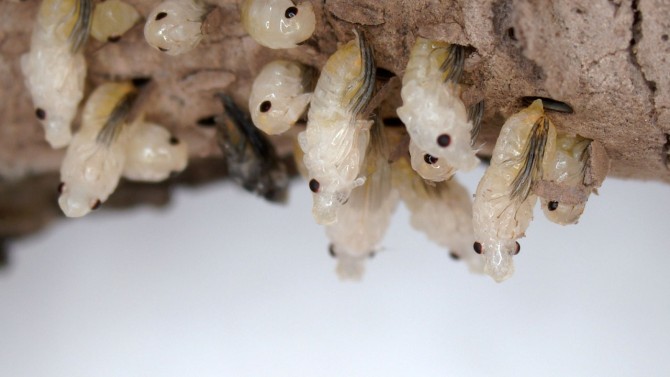The world must beat the toxic tidal wave of plastic pollution that threatens human rights, UN experts* said today, urging States and other stakeholders to put rights at the centre of the international treaty on plastic pollution currently under negotiation. Ahead of World Environment Day, they issued the following joint statement:
“Plastic production has increased exponentially over recent decades and today the world is generating 400 million tonnes of plastic waste yearly.
All stages of the plastics cycle have adverse impacts on human rights. We are in the middle of an overwhelming toxic tidal wave as plastic pollutes our environment and negatively impacts human rights in a myriad of ways over its life cycle.
For example, plastic production releases hazardous substances and almost exclusively relies on fossil fuels, while plastic itself contains toxic chemicals, posing serious risks and harms to human health, human rights and the environment. At the end of its life as a consumer good, plastic waste pollutes our planet, with 85% of single use plastics sent to landfills or dumped in the environment. False and misleading solutions, such as incineration or recycling of toxics-laden plastics, aggravate the plastic threat.
Plastic, microplastic and the hazardous substances they contain can be found in the food we eat, the water we drink and the air we breathe.
While everyone is affected by the negative human rights impacts of plastic, the level of exposure to plastic-related pollution and waste affects marginalised communities the most. We are particularly concerned about groups suffering from environmental injustices due to heightened exposure to plastic pollution, many of them living in ‘sacrifice zones’.
The contribution of plastic pollution to climate change is alarming, yet often overlooked. For instance, plastic particles found in oceans limit the ability of marine ecosystems to remove greenhouse gases from the atmosphere.
It is shocking to witness how the omnipresence of plastics impacts human rights in many different ways, including the rights to a healthy environment, life, health, food, water and an adequate standard of living.
States and businesses have specific human rights obligations which apply in the context of the fight against plastics pollution.
Over the last two years, the Human Rights Council and the UN General Assembly adopted landmark resolutions recognising the human right to a clean, healthy and sustainable environment, which includes non-toxic environments where people can live, work, study and play. This should prompt and guide initiatives addressing plastic pollution.
There is an urgent need to prioritise reduction in production and use of plastic, detoxification and reducing greenhouse gas emissions.
We welcome the progress of member States towards a comprehensive and internationally binding instrument on plastic pollution and urge its completion by the end of 2024.
It is essential that States and other stakeholders employ a human rights-based approach to beat plastic pollution.”








